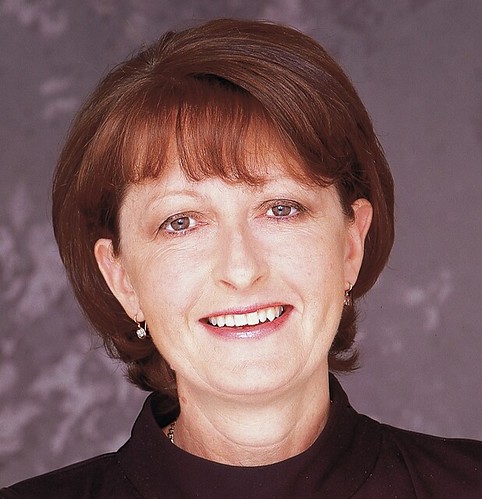Sex with former patients

We’ve probably all heard the expression: “Once a patient, always a patient”.
I’m not sure who lays claim to the aphorism, but its sentiments clearly relate to the power imbalance of the doctor-patient relationship and the inherent inequality of future transactions, whether of a romantic, sexual or financial nature.
An editorial in this week’s BMJ raises the issue of doctors’ relationships with former patients, prompted by new UK guidelines. The author, a medical ethicist, says the new rules wisely avoid a blanket ban on such relationships, which may be ‘vulnerable to a human rights challenge’. Yet, as with the Australian medical board equivalents, the new rules are far from permissive.
For instance, the NSW medical board rightly bans outright relationships with current patients, but its advice on former patients is fuzzier, or in the words of the BMJ editorialist, “an interpretative nightmare”.
According to the board’s website, the “termination of the doctor/patient relationship prior to sexual activity may be raised as a defence”, but its strength will depend on the degree of dependence in the relationship, evidence of exploitation, services provided and the duration of the professional relationship. As well, the time lapsed since the end of the professional relationship would influence the judgement.
It’s not a new question, and as the BMJ author points out, it was in the fourth century BC that Hippocrates said: ‘Into whatever house I enter, I will go into them for the benefit of the sick and will abstain from mischief and corruption and from the seduction of females or males, of freemen or slaves”.
But is this ‘powerful doctor, vulnerable patient’ view out of date, or even paternalistic in these days of patient autonomy and partnership, the editorialist asks?
Not according to the NSW State Medical Board (and presumably other state boards), which says it ‘rejects the view that changing social standards require a less stringent approach’.
But you’ve got to hope logic, rather than dogma, will rule in appropriate circumstances. For instance, a one-off consult for an URTI shouldn’t forever preclude a subsequent relationship between patient and doctor.
If it does, we’re asking unmarried doctors in one-doctor rural towns to sign a vow of chastity, and workforce considerations aside, it just doesn't pass the commonsense test.


0 Comments:
Post a Comment
<< Home